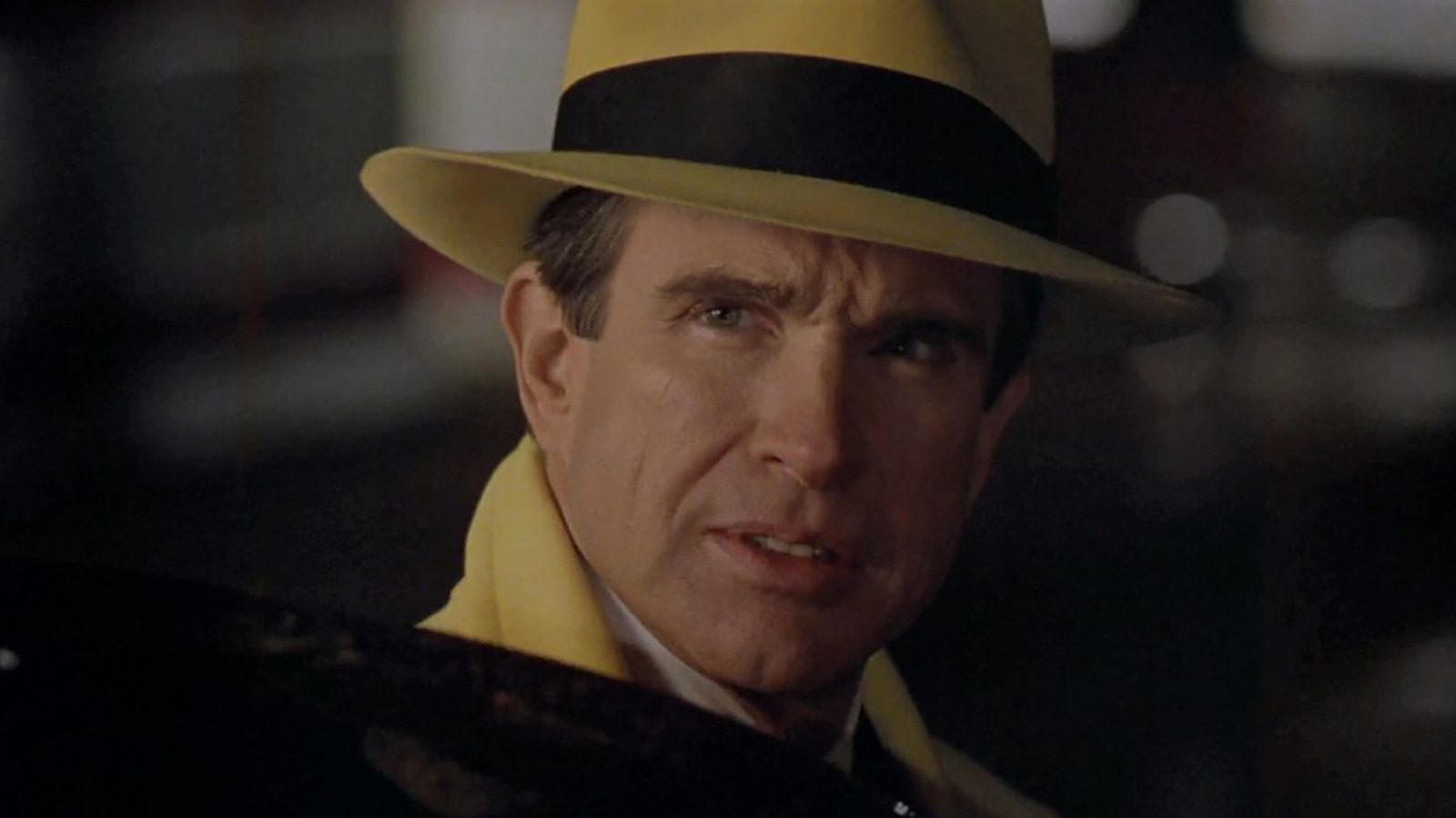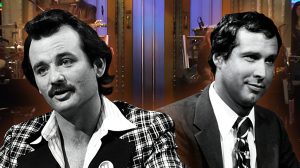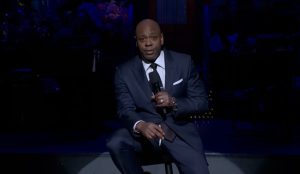
Warren Beatty’s Decision to Pass on a Stephen King Classic
When Jack Nicholson graced the screen in Stanley Kubrick’s adaptation of “The Shining,” the perception of Stephen King’s horror stories shifted dramatically. Though his works were often drenched in gore and suspense, the collaboration between Kubrick and Nicholson lent a new level of legitimacy to King’s storytelling, hinting at the untapped potential for box office success and prestigious accolades from his other novels. However, this optimistic view faced challenges throughout the 1980s. While directors like David Cronenberg and Rob Reiner made waves with adaptations of “The Dead Zone” and “Stand by Me,” many other King adaptations, such as “Cujo,” “Firestarter,” and “Pet Sematary,” received lukewarm responses from critics. It was Reiner’s “Stand by Me” that stood out, preserving the hope for a serious cinematic interpretation of King’s work as the 1990s approached.
By then, Rob Reiner, fresh off the success of “When Harry Met Sally…,” set his sights on adapting King’s 1987 thriller “Misery.” This gripping 310-page tale revolves around a romance novelist taken hostage by his deranged fan, Annie Wilkes, against the backdrop of a snowbound wilderness. With its intense psychological tension, “Misery” promised to be a captivating cinematic experience—if executed and cast with precision. While we now recognize the brilliance of James Caan and Kathy Bates—whose performance earned her an Academy Award—there was a time when Warren Beatty was in discussions to take on the role of Paul Sheldon, the beleaguered writer.
So, what led to Beatty stepping back from this iconic project? According to a 1990 interview in the Los Angeles Times, Reiner shared that Beatty showed genuine interest in “Misery” while collaborating with the talented screenwriter William Goldman. He even proposed various ideas to enhance the character of the writer, aiming to make Paul Sheldon less of a passive figure. Reiner noted Beatty’s intellect but acknowledged the difficulty in securing his commitment: “Warren’s very smart, but he’s tough to pin down. So it just didn’t work out. Either we weren’t far enough along or he had a little fear of making a commitment.”
Warren Beatty is known for his artistic intuition, yet his tendency to assert control over productions when he’s not at the helm can complicate collaborative efforts. As noted in Peter Biskind’s biography “Star: How Warren Beatty Seduced America,” those who have worked with Beatty recognized his enjoyment in maintaining control and keeping others guessing. Ultimately, Beatty chose to focus on “Dick Tracy,” which turned out to be a fortuitous decision for all parties involved. Given his perfectionist tendencies, one can only speculate how well he would have tackled the film’s more grueling scenarios, such as the infamous confrontation Caan faced.
In the end, moviegoers were treated to two classic films instead of one, and for fans of cinema, that’s a trade-off worth celebrating.





